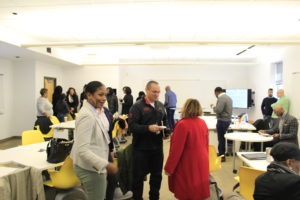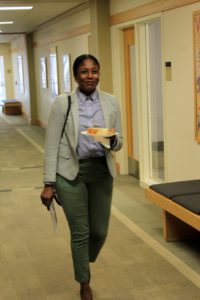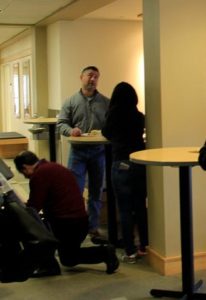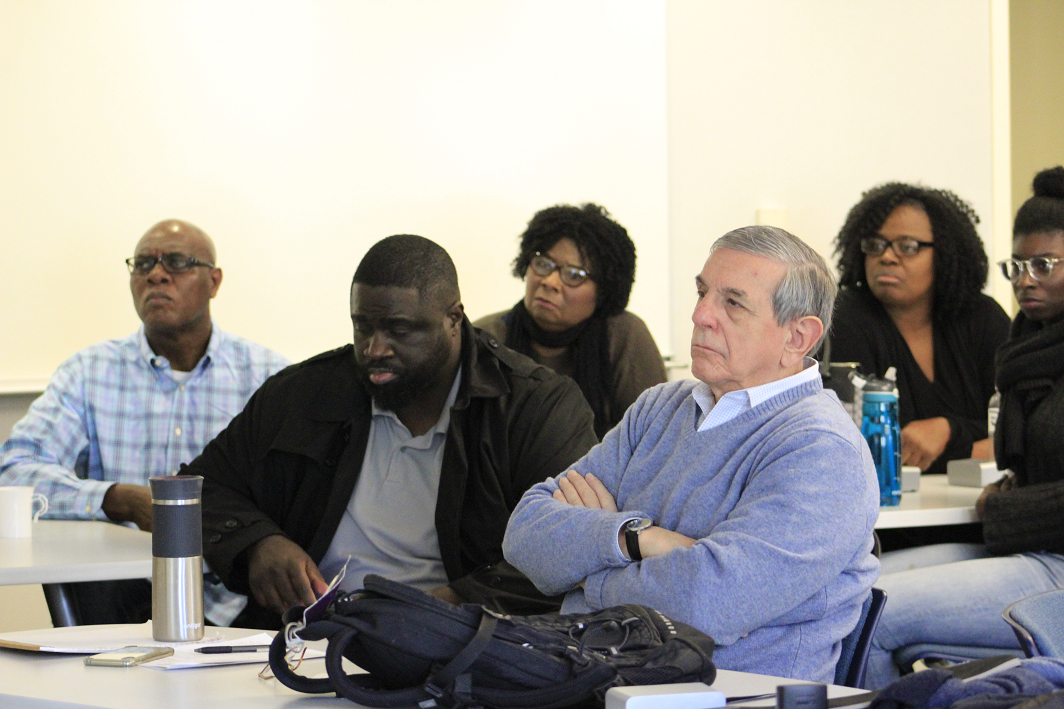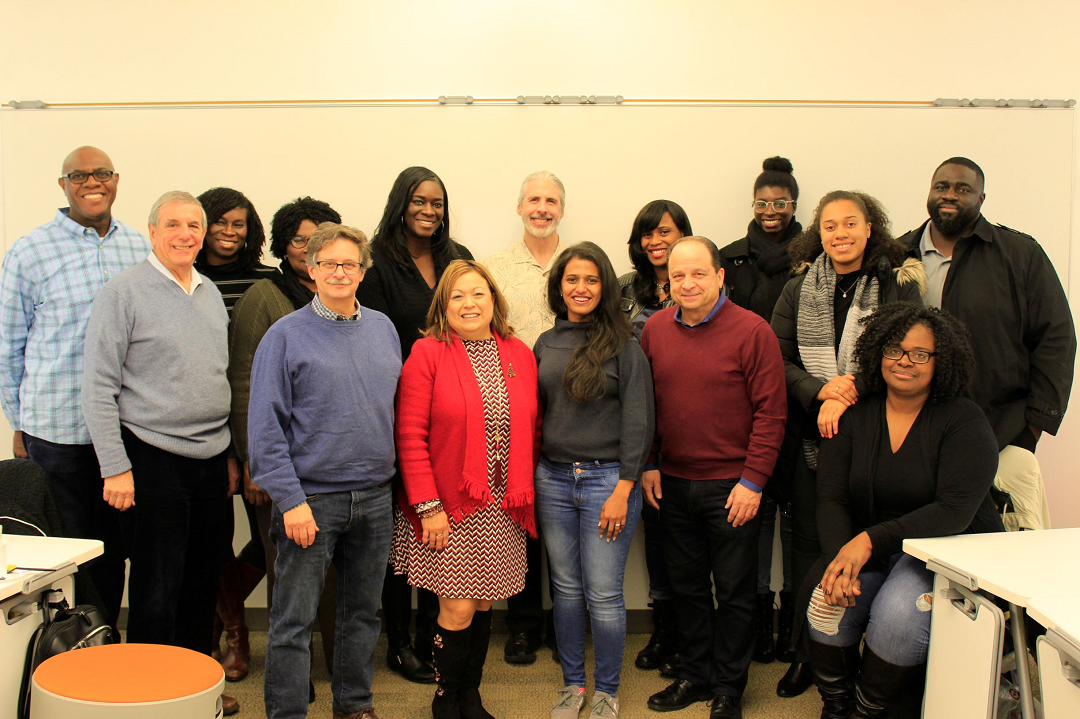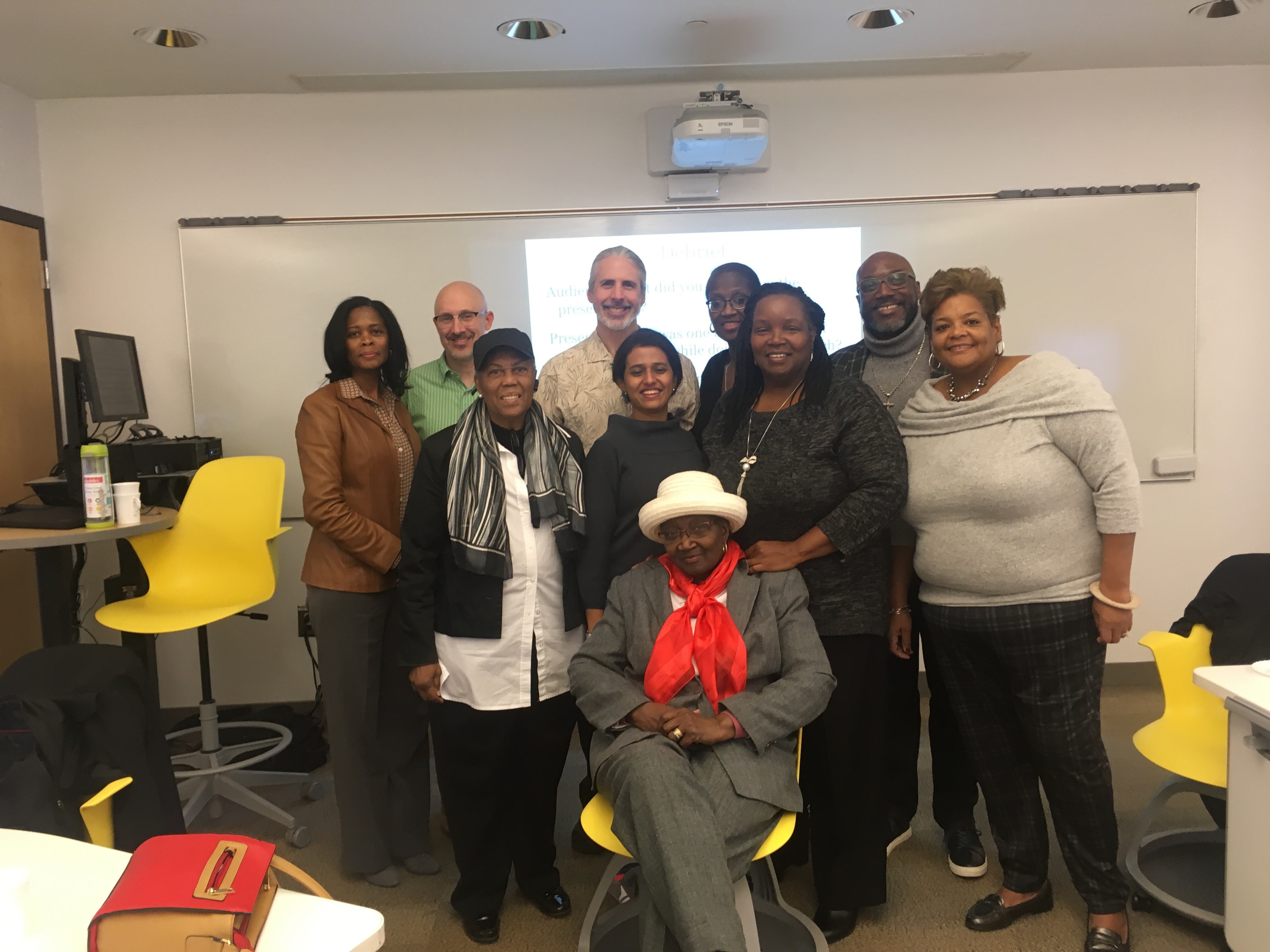ARMs Working Knowledge Learning Exchange Conference (December 2018)
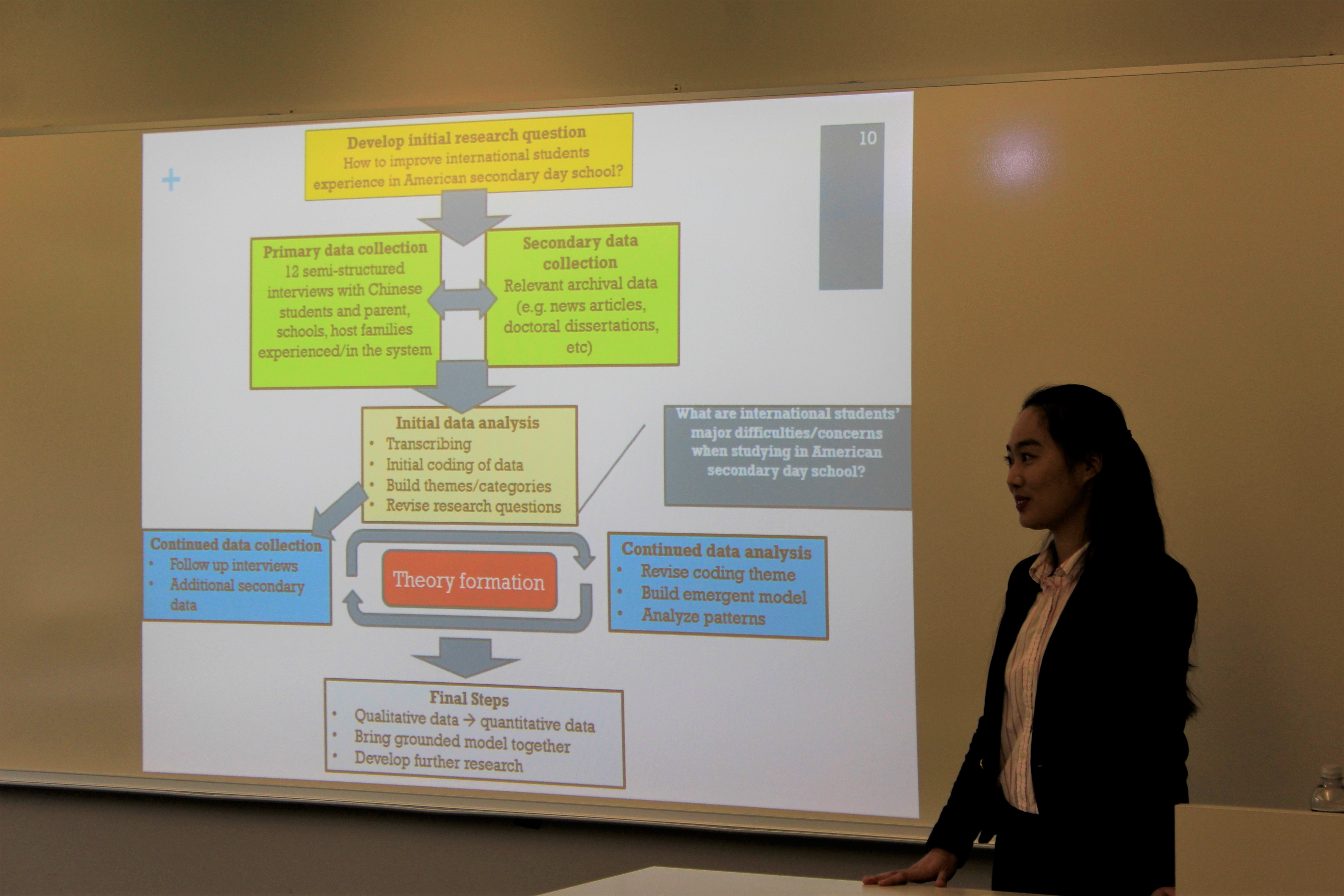 Sylvia Liu presenting the complexities of interactions and interests involved in the international secondary school student market. Her research documents ignorance, corruption and abuse in this large and growing market. (Photos by Syed Kazmi)
Sylvia Liu presenting the complexities of interactions and interests involved in the international secondary school student market. Her research documents ignorance, corruption and abuse in this large and growing market. (Photos by Syed Kazmi)
Last month Darshi Mody and I hosted our 2nd (annual) “DSL ARMs Learning Exchange Conference.”1 The internal conference showcases pilot research projects conducted by Jefferson Strategic Management doctoral candidates completing their second-semester of Applied Research Methods. Our doctoral candidates are working professionals and their research aims to illuminate real problems about which they have working knowledge. As you can see from the conference program, the projects cover a diverse range of problems from education to e-commerce to organizational issues.
I’ve asked the presenters to develop their work into articles that we can publish here. As that occurs, I’ll link back to this post. In the meantime, you can at least see program (images below; full pdf here) to get a sense of how research can be applied in circumstances like yours. And along with the pictures below, I’ll try to give a sense about how one develops this brand of applied research.
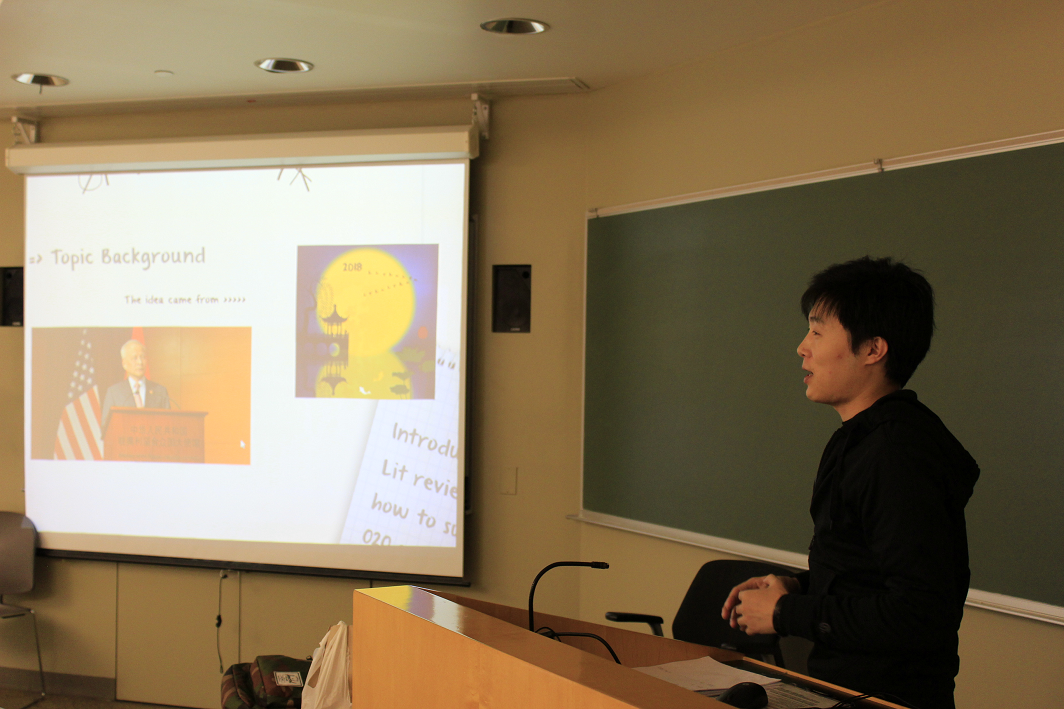 Nick Zhao on how online technologies fare in restaurant operations.
Nick Zhao on how online technologies fare in restaurant operations.
Presenters and topics for the 2018 conference included:
The most important top level criteria that we ask students to focus on in their research and presentation are these essential elements emphasized throughout the Applied Research Methods curriculum:
- Project relevance and importance
- Apt choice of research methods and data collection
- Insight through analysis and synthesis
- Clarity and logic in presentation
- Compelling use of evidence
Class members from both courses also contribute as discussants to others’ presentations providing critical evaluations, posing questions for discussion and suggesting constructive ways to improve the work.
|
|
|
|
Several DSL faculty came to offer moral support. And also of course, questions and (constructive) criticism.
|
|
|
|
Presenters were happy to clarify any issues, provide further insights, and learn from the comments and questions raised.
|
|
|
After each presentation, we meet to debrief on what was learned.
|
|
|
|
Between sessions, people had the opportunity for informal exchange. And enjoy the delicious fare provided by Jefferson catering.
|
|
|
|
Joining the DSL community are guests invited by the presenters including professional colleagues, family and sponsors. This year approximately 40 people attended the nine presentations.
|
|
|
Audience reaction to the presentations was overwhelmingly favorable.2 Typical was one anonymous comment on Val’s presentation: I applaud Valerie for tackling a relevant issue. I think her group interventions can become a national model.
The presentations and associated papers are planned to be uploaded to the Jefferson Digital Commons, the scholarly online repository of the Jefferson Library, giving students an academic publication, the opportunity to further promote their work, and to provide copyright protection for the ideas and insights they have developed.
For more information on the event and the presentations, see the Conference webpage.
I plan to also post an article about the first ARMs (Working Knowledge) Learning Exchange Conference. Much of that work has progressed promisingly! In the meantime, here’s the 2017 program. Subscribe to ARMs for the Rest of Us to make sure you receive notification!
Notes
- I’d like to also get “Working Knowledge” into the title, as in the “ARMs Working Knowledge Learning Exchange Conference.” But would that be too unwieldy? Let us know in the comments.
- Overall survey results on 2018 presentations

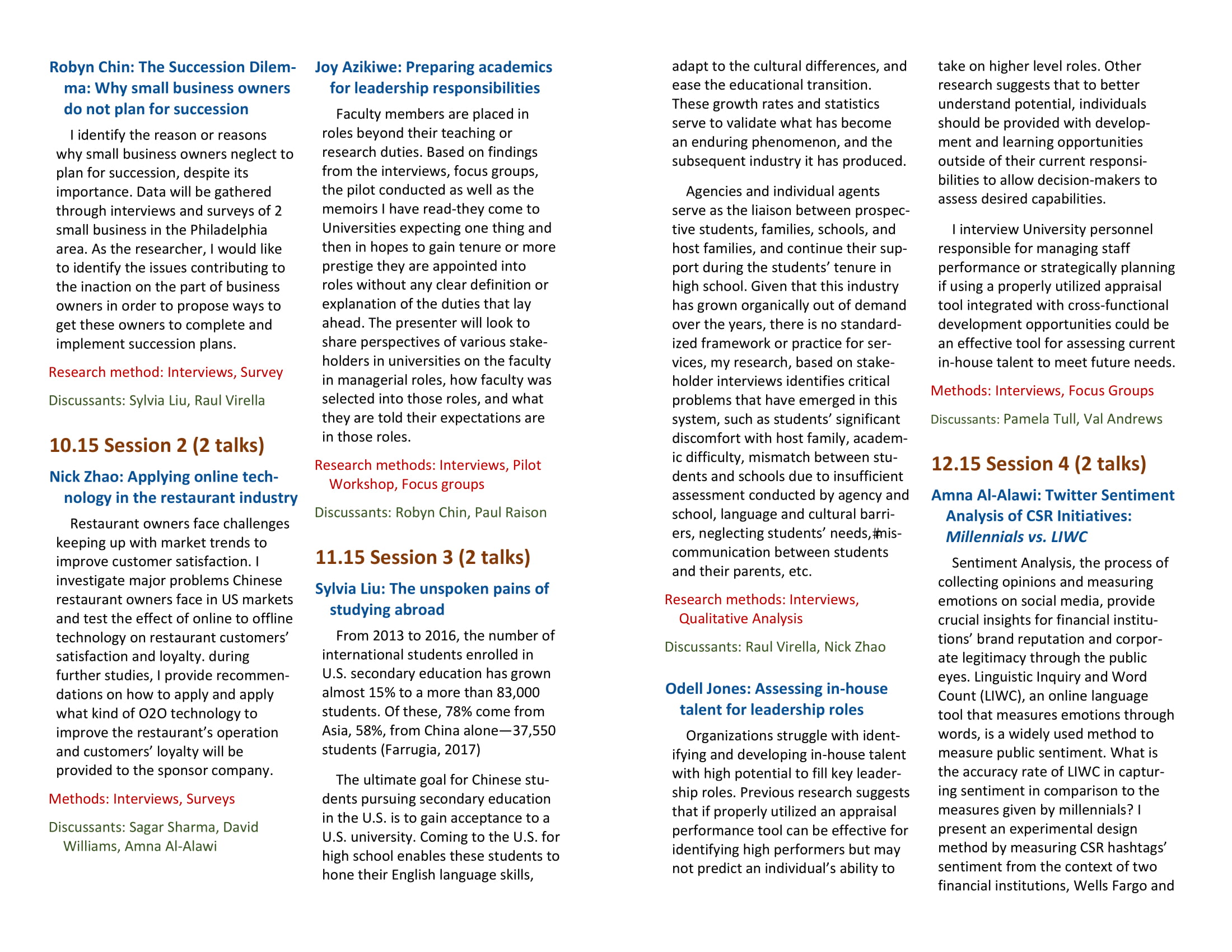
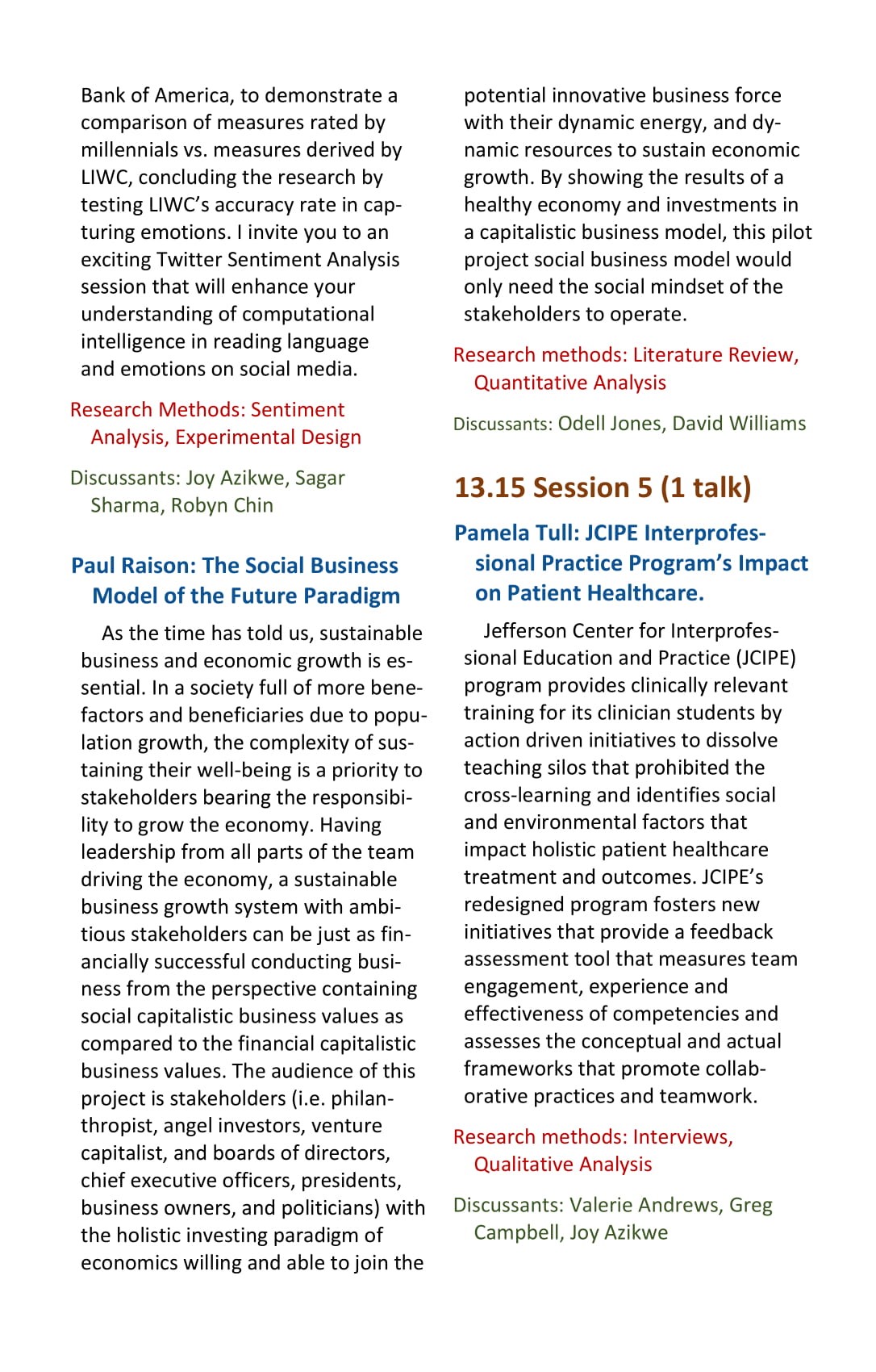
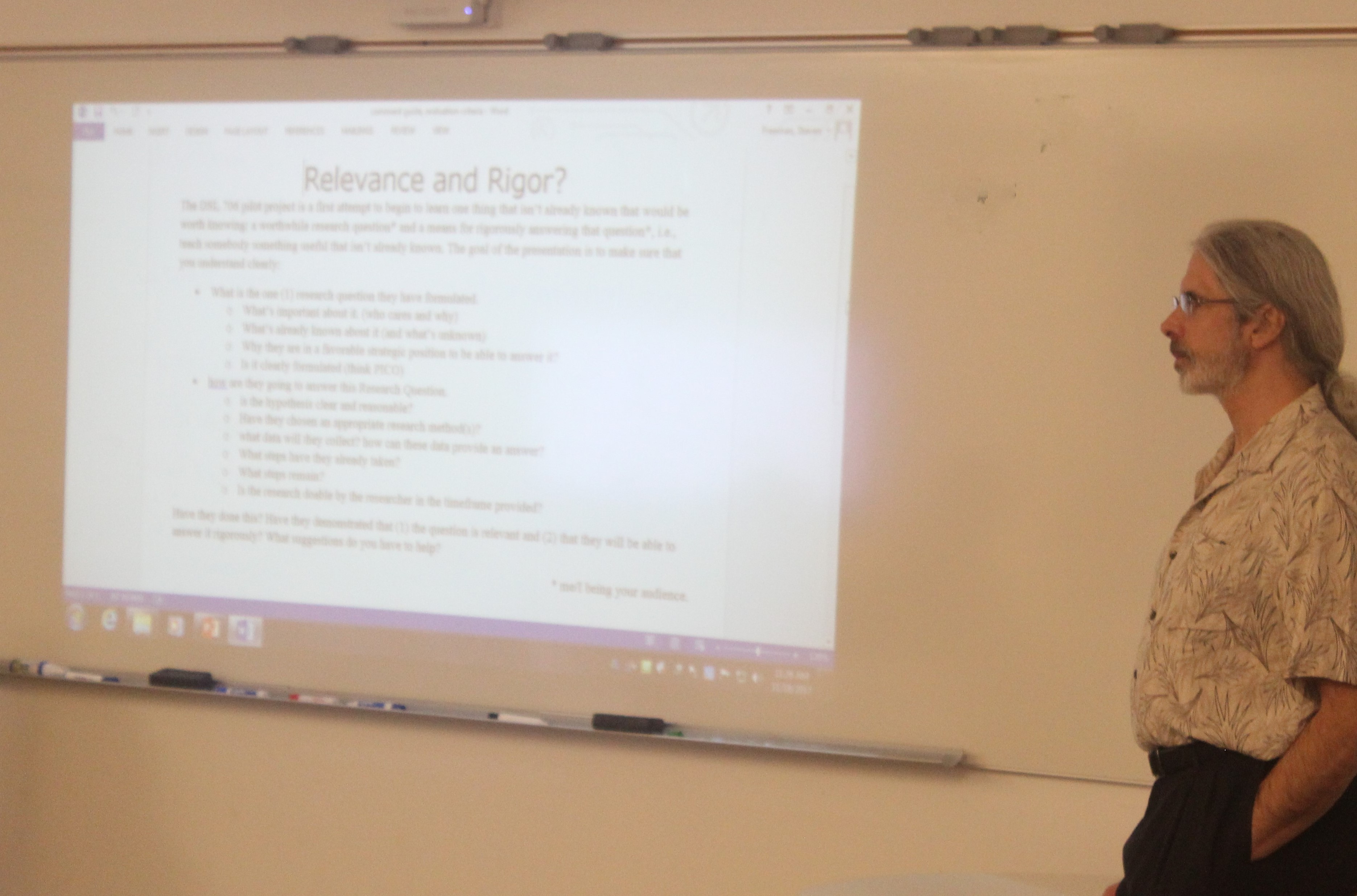
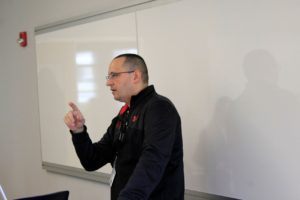 Raul Virella expounding on Robyn Chin’s thesis as to why small business owners do not plan for succession.
Raul Virella expounding on Robyn Chin’s thesis as to why small business owners do not plan for succession.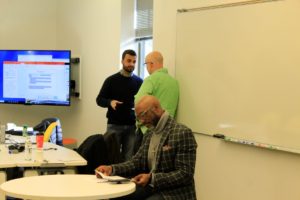
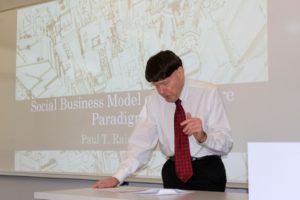
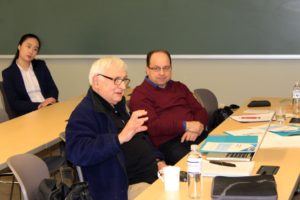 Joel Adler has plenty of suggestions to offer
Joel Adler has plenty of suggestions to offer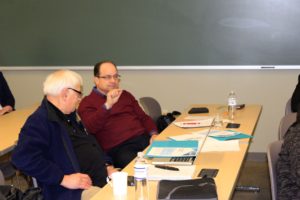 … as does Tom Guggino
… as does Tom Guggino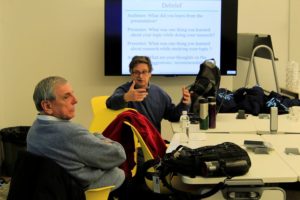 … as does Larry Starr. (Elliot Cole is more reserved.)
… as does Larry Starr. (Elliot Cole is more reserved.)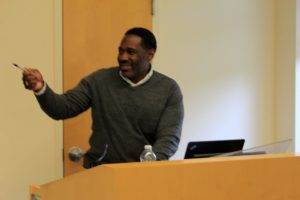 Odell Jones: Next Question?
Odell Jones: Next Question?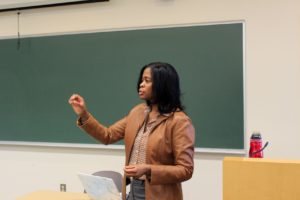 Pamela Tull explains the nuances of her research.
Pamela Tull explains the nuances of her research.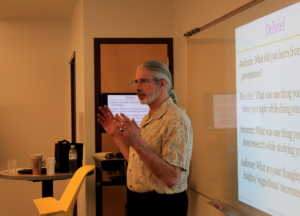 >I facilitate the debrief.
>I facilitate the debrief.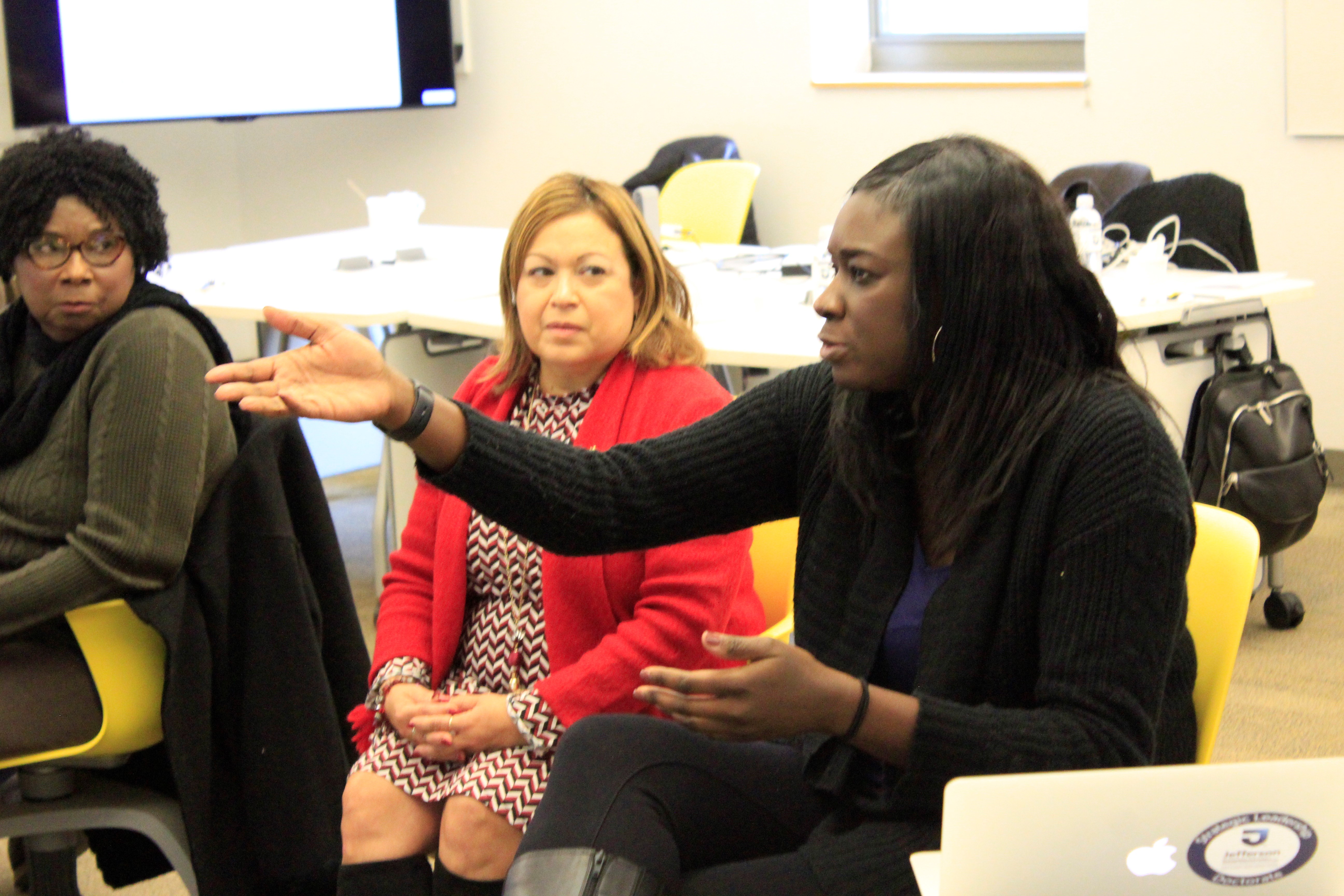 Dr. Rosa Colon looks on as Joy comments on her research experience.
Dr. Rosa Colon looks on as Joy comments on her research experience.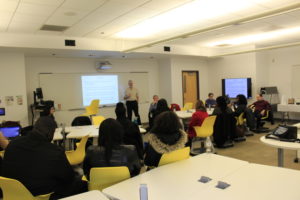 Here’s the whole room.
Here’s the whole room.